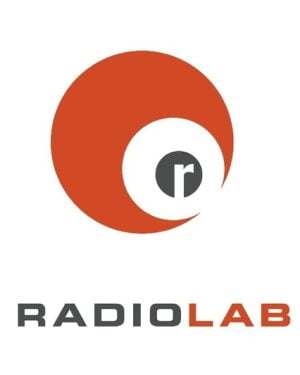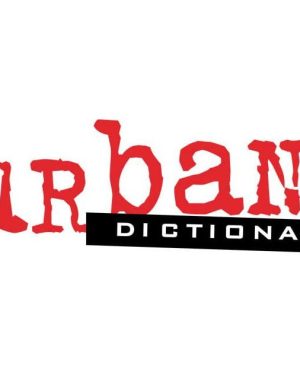1
9.8/10
-
RadioLab – Podcast with transcripts
siteRated 8.92 out of 5
- Content Quality - 10/1010/10
- Usability - 9.5/109.5/10
- Efficiency - 10/1010/10
My favorite resource in English. Its goals are educational and cognitive, but it's not directly related to language learning. It's just really, really good content in English. You need a certain level of English to understand - it's perfect passive practice for your (already) good English. Radiolab goes on and on about things that make your eyes widen involuntarily. P.S.: Works great in the Apple Podcasts app.
2
8.7/10
-
Merriam-Webster – American dictionary with usage examples
siteRated 8.67 out of 5
- Content Quality - 9/109/10
- Usability - 7/107/10
- Efficiency - 10/1010/10
Merriam-Webster is more than a glossary. Here you can find short videos explaining difficult or interesting aspects of English vocabulary. There is also a section called Time Traveler, in which you can find information about the first use of a word in the language - in print, of course - accurate to the year.
3
7.9/10
-
Ludwig – Sentence search engine
siteRated 8.69 out of 5
- Content Quality - 9.5/109.5/10
- Usability - 10/1010/10
- Efficiency - 6/106/10
- Value for money - 6/106/10
This is a quick and easy-to-use dictionary with pronunciation, with examples of word usage not from books forty years ago, but from current editions of the English-language press. It tells you the best way to use a word in context.
4
7.8/10
-
News in Levels – News articles in English at different levels
siteRated 8.39 out of 5
- Content Quality - 4.5/104.5/10
- Usability - 9/109/10
- Efficiency - 10/1010/10
Are there always 10 minutes left at the end of a lesson with a beginner or intermediate level student that you don't know what to fill? News In Level is a great solution. Short articles, broken down by level, will help you organize a short discussion on an interesting topic from the news.
5
7.7/10
-
Urban Dictionary – Modern slang and idioms dictionary
siteRated 7.55 out of 5
- Content Quality - 9/109/10
- Usability - 8/108/10
- Efficiency - 6/106/10
The oldest online resource for English slang. I love it with all my heart. In addition to the fairly clear definitions of argos, it helps to dig deeper into the subconscious sphere of native speakers' perception of words, since many articles are written by the users themselves.





